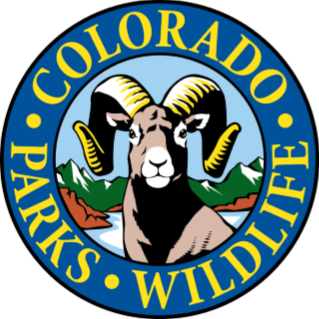Swim beach monitoring
What is a swim beach?
A swim beach (natural swimming area)is a specific part of a body of water that is for swimming, bathing or wading.You are charged a fee to use the area.The area is typically separated from the surrounding water by rope or buoys to prevent other activities such as boating from occurring within the swimming area. An example of a natural swimming area is a designated swimming area in a state park where a park visitor pays a daily or yearly use fee. Areas that are free to use, such as Confluence Park near downtown Denver, do not meet the definition of a natural swimming area, and are not monitored.
Why might a swim beach close?
Swim beaches in Colorado are required to report water quality data to us on a regular basis during the swimming season to ensure public health and safety. Water quality samples are analyzed for the fecal matter, or E. coli. If a laboratory result shows an E. coli concentration above 235 organisms per 100 milliliters, the beach must be closed. The beach will remain closed until E. coli results return to a safe level. We monitor swim beaches outlined in Regulation 5 CCR 1003-5.
What causes elevated E. coli concentrations?
Elevated concentrations may result from:
- Fecal waste from swimmers, pets or wildlife.
- Improperly disposed dirty diapers.
- Excessive runoff from rain or flood.
- Runoff from urban, suburban or rural areas.
- Malfunctioning septic systems.
Information documents for swim beach monitors
- Natural swimming areas compliance and sampling guidelines- guidance document.
Fillable/electronic reporting forms
COVID-19 resources
None at this time
